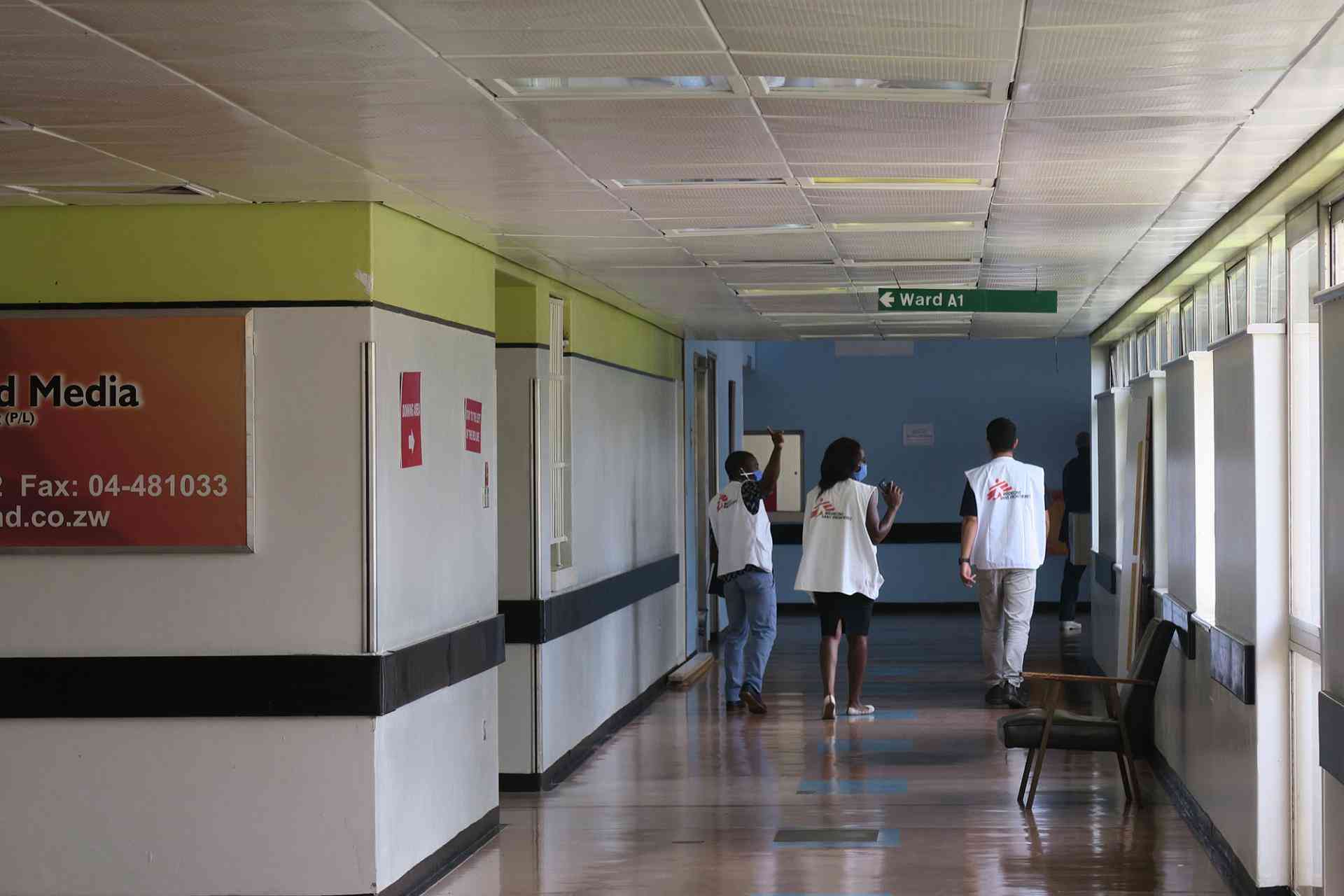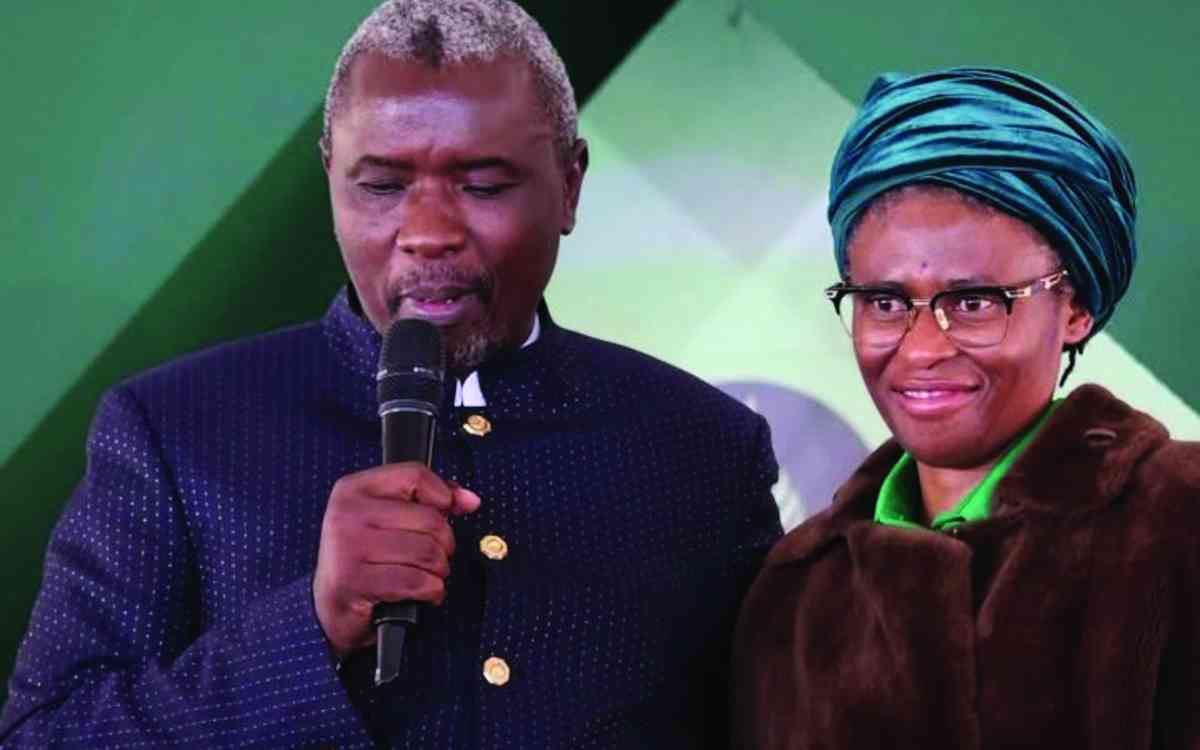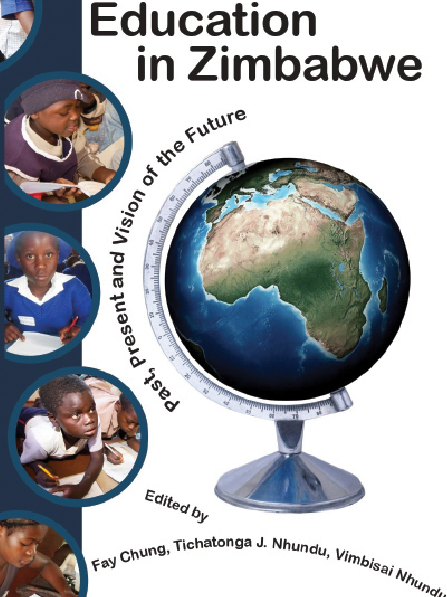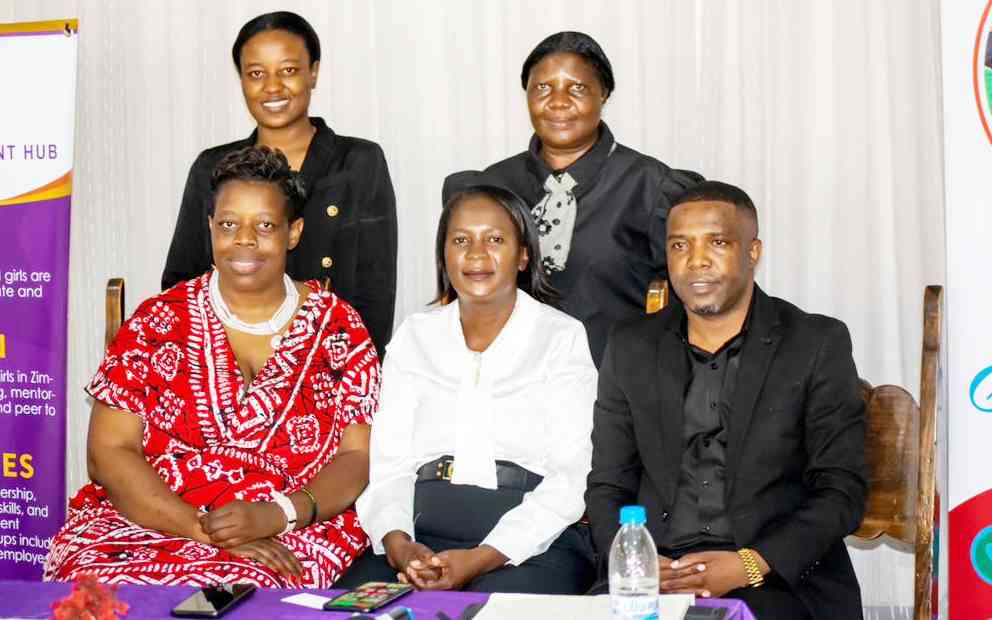
The Second Republic under the stewardship of President Emmerson Mnangagwa, has made significant strides in infrastructure development, reflecting his pragmatic philosophy and commitment to fulfilling campaign promises.
Massive infrastructure projects are underway, aimed at achieving Vision 2030 and aligning with the African Union's Agenda 2063.
This ambitious plan seeks to create a prosperous and industrialised Africa, with Zimbabwe poised to reap the benefits.
Infrastructure development is a key focus area, with various projects transforming the country's landscape.
Perfectly, President Mnangagwa’s administration has undertaken several notable projects to modernise the country’s infrastructure.
A prime example is the Trabablas Interchange project in Harare, which has significantly reduced traffic congestion and improved road safety.
This flagship project is part of a broader initiative to modernise the country's infrastructure, enhance connectivity, and stimulate economic growth.
The upgrading of the Harare-Beitbridge highway aims to improve the transportation network and facilitate trade, while the rehabilitation of Robert Gabriel Mugabe International Airport is underway to enhance air travel and boost economic activity whereas, the housing development addresses the country’s housing needs.
- Mavhunga puts DeMbare into Chibuku quarterfinals
- Bulls to charge into Zimbabwe gold stocks
- Ndiraya concerned as goals dry up
- Letters: How solar power is transforming African farms
Keep Reading
Additionally, the government has prioritised rural road improvement initiatives, recognising the critical role infrastructure plays in promoting economic development and social transformation in rural areas.
In reality, countless projects are being implemented to improve road connectivity and access to these areas, thereby bridging the urban-rural divide.
The government's infrastructure development drive also extends to dam construction projects, which will support agriculture, industry, and households by harnessing the country's water resources.
These projects underscore the government's vision for a prosperous and industrialised Zimbabwe by 2030.
The Ministry of Transport deserves commendation for its role in delivering some of these infrastructure projects, with their dedication and hard work instrumental in driving progress.
Moreover, prioritising healthcare is also essential, with initiatives in this sector being a step in the right direction.
Construction and rehabilitation of hospitals and clinics across the country are vital in improving healthcare services, leading to improved health outcomes, reduced mortality rates, and enhanced well-being for Zimbabweans.
According to the World Health Organisation, investing in healthcare generates significant returns in economic growth, with every dollar invested yielding up to US$9 in economic benefits.
The transformation is evident, and individuals can appreciate the President's vision and commitment firsthand.
Despite facing illegal economic sanctions imposed by Western countries, the government has remained resolute in its commitment to development.
The Second Republic's resilience and perseverance have enabled the country to push forward with its development agenda, demonstrating its dedication to the welfare of its citizens.
As Zimbabwe moves forward, collective effort and support will be essential in achieving its Vision 2030 goals and creating a brighter future for all citizens.
With a strong foundation in infrastructure development and healthcare, the country is poised for sustainable growth and development, ultimately realising the Africa we want.
In summary, the country's journey towards sustainable development and prosperity demonstrates the power of visionary leadership, collective effort, and unwavering determination.
For that reason, the nation is poised to achieve greatness, improve the lives of its citizens, and become a shining example of progress in Africa.
A brighter, more prosperous tomorrow awaits, driven by the nation's unrelenting spirit and commitment to excellence.
*Clever Marisa (PhD) is a social scientist and public health practitioner. The views expressed here are his own and do not necessarily reflect the views of his affiliated institution or any organisation.











